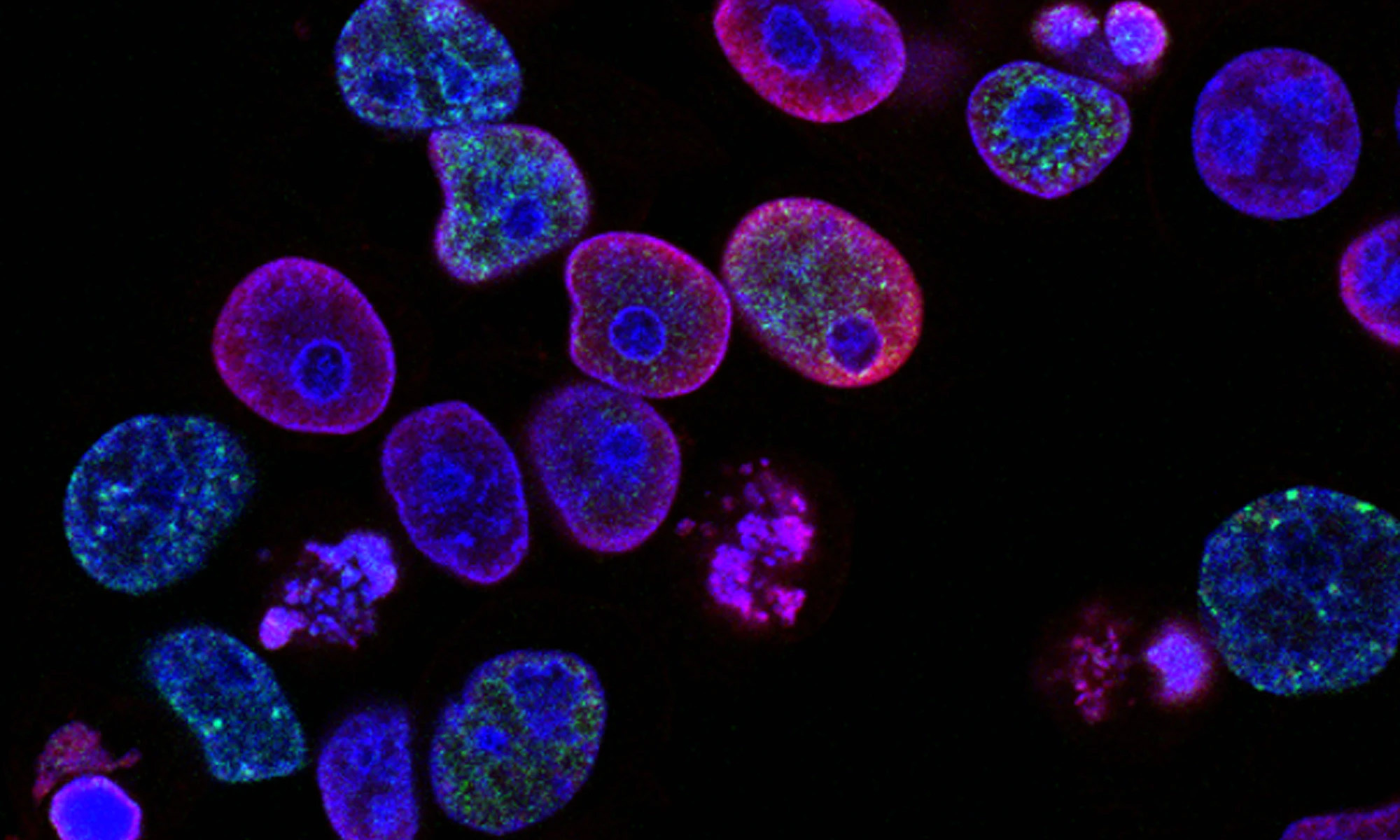News
Turkish Healthcare Startup RS Research Uses Nanotech To Selectively Destroy Tumors
The startup designed a nanotechnology platform for highly targeted delivery of drugs directly to cancer cells.

All currently available types of treatment for cancer leave a lot to be desired — both in terms of their effectiveness and side effects. Chemotherapy, for example, is effective at preventing cancer from spreading to other parts of the body and even capable of eliminating it entirely, but it can’t tell the difference between cancer cells and healthy cells. Turkish healthcare startup RS Research strongly believes that it has the recipe for significantly increasing the effectiveness of drug-based cancer treatments like chemotherapy.
The startup designed a nanotechnology platform for highly targeted delivery of drugs directly to cancer cells. The platform is called Sagitta, and the name comes from the Latin word for “arrow.”
“Sagitta platform is a groundbreaking technology approach utilizing Polymer Drug Conjugates to target the tumor with a high payload of cytotoxins; resulting in high efficacy with reduced side-effect profile. In addition to moving our own candidates through clinical development, Sagitta platform is available for co-development projects,” explains RS Research on its website.
In other words, Sagitta allows drugs to do their job with minimal side effects, making it possible to avoid causing damage to healthy cells. If everything goes right, the technology could be used to support cancer treatment in Turkey and beyond as early as 2024.
Also Read: FDA Approves Israeli Cancer-Freezing Technology
Together with other innovative cancer treatments, such as gene therapy, hormone replacement therapy, and immunotherapy, scientists and doctors are gradually expanding the range of treatment options available to cancer patients, and we can only hope that a real cure isn’t too far away.
Not too long ago, the FDA approved an Israeli medical technology after demonstrating its ability to eliminate tumors using new cancer-freezing technology.
The COVID-19 pandemic has greatly accelerated many areas of medical research, and it would be a welcome turn of events if some coronavirus-related findings helped finally defeat cancer.
News
Alienware Just Announced Six New Gaming Monitors
The new models include three QD-OLED and three budget-friendly QHD options, expanding the company’s lineup for all gamers.

Alienware has just updated its gaming monitor lineup with six new additions, including the highly anticipated Alienware 27 4K QD-OLED Monitor. The latest wave of releases is set to reach more gamers than ever, offering high-end QD-OLED displays alongside more budget-friendly options.
The latest displays clearly show that the company is doubling down on QD-OLED with three new models sporting the technology. A redesigned Alienware 34 Ultra-Wide QD-OLED Monitor is also making a return, further refining what is already a fan-favorite display.
A Unified Design: The AW30 Aesthetic
All six monitors feature Alienware’s new AW30 design language, first introduced at CES. The AW30 aesthetic brings a futuristic, minimalist look that unites the entire lineup under a cohesive visual identity.
Pushing QD-OLED Even Further
The refreshed Alienware 34 Ultra-Wide QD-OLED Monitor (AW3425DW) builds on its predecessor’s success with a 240Hz refresh rate (up from 175Hz) and HDMI 2.1 FRL support. It also gains G-SYNC Compatible certification alongside AMD FreeSync Premium Pro and VESA AdaptiveSync, ensuring ultra-smooth performance. With a WQHD (3440×1440) resolution and an 1800R curve, this display enhances immersion for both gaming and cinematic experiences.
For those who crave speed, the Alienware 27 280Hz QD-OLED Monitor (AW2725D) pairs a high refresh rate with QHD resolution, balancing sharp visuals with ultra-smooth gameplay. Meanwhile, the Alienware 27 4K QD-OLED Monitor (AW2725Q) delivers stunning clarity with an industry-leading pixel density of 166 PPI, making it the sharpest OLED or QD-OLED monitor available.
Also Read: Infinite Reality Acquires Napster In $207 Million Deal
Worried about OLED burn-in? Alienware’s entire QD-OLED lineup comes with a three-year limited warranty covering burn-in concerns, offering peace of mind for gamers investing in these high-end displays.
Bringing QHD To A Wider Audience
Alongside QD-OLED, Alienware is also releasing three new QHD gaming monitors aimed at more price-conscious gamers. The Alienware 34 Gaming Monitor (AW3425DWM), Alienware 32 Gaming Monitor (AW3225DM), and Alienware 27 Gaming Monitor (AW2725DM) provide a range of sizes and formats to suit different preferences:
- The Alienware 34 Gaming Monitor (AW3425DWM): An ultrawide (WQHD) option for a panoramic, immersive experience.
- The Alienware 32 Gaming Monitor (AW3225DM): A standard 16:9 panel for a traditional but expansive desktop setup.
- The Alienware 27 Gaming Monitor (AW2725DM): A 27” display offering the same performance in a more compact form factor.
All three gaming monitors feature a fast 180 Hz refresh rate, a 1ms gray-to-gray response time, and support for NVIDIA G-SYNC, AMD FreeSync, and VESA AdaptiveSync to eliminate screen tearing. Additionally, with 95% DCI-P3 color coverage and VESA DisplayHDR400 certification, these displays deliver vibrant colors and high dynamic range for lifelike visuals.


























